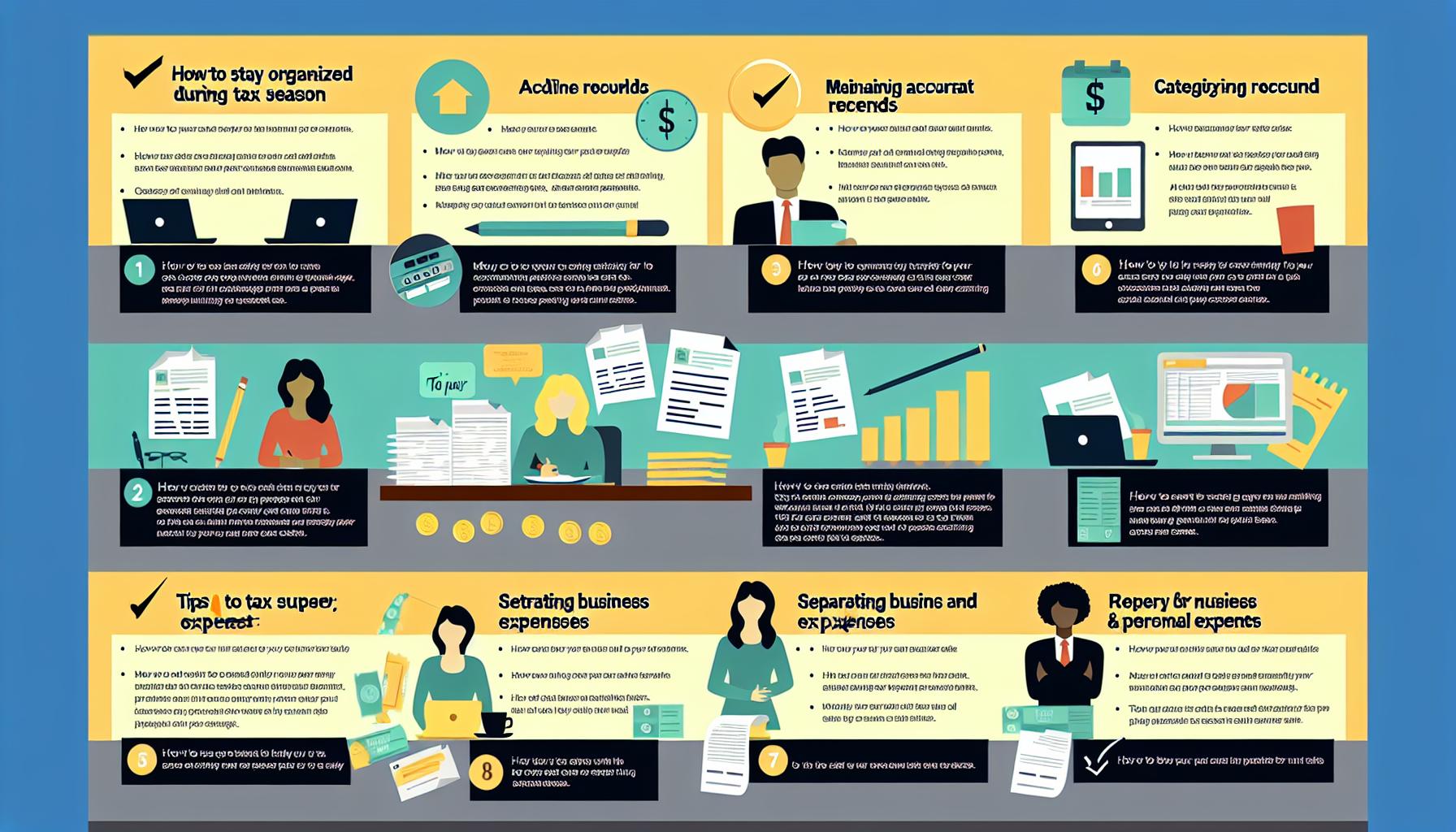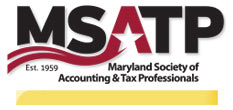.loader { border: 16px solid #f3f3f3; border-top: 16px solid #3498db; border-radius: 50%; width: 120px; height:…

How to Stay Organized During Tax Season: Tips for Small Business Owners
Introduction
Tax season can be a stressful time for small business owners, with deadlines looming and paperwork piling up. Staying organized is key to avoiding last-minute scrambles and ensuring that your tax filings are accurate and on time. In this blog post, we will provide you with some valuable tips on how to stay organized during tax season, so you can focus on running your business with peace of mind.
Utilize a Filing System
One of the most important things you can do to stay organized during tax season is to establish a reliable filing system. Whether you prefer to keep your documents in physical folders or digitize them on your computer, having a designated place for all your tax-related paperwork will make it easier to find what you need when it comes time to file your taxes. Consider organizing your documents by category, such as income, expenses, and receipts, to streamline the process.
Keep Track of Deadlines
Missing tax deadlines can result in costly penalties and fines, so it’s crucial to stay on top of key dates throughout the tax season. Use a calendar or digital reminder system to mark important deadlines, such as filing dates for quarterly estimated taxes and the annual tax return deadline. By setting reminders in advance, you can avoid any last-minute rushes to gather necessary documents.
Separate Personal and Business Finances
Mixing personal and business finances is a common mistake that can lead to confusion when it comes time to file your taxes. To stay organized, it’s essential to keep your personal and business finances separate. Open a separate bank account and credit card for your business transactions, and use accounting software to track income and expenses separately. This will not only make tax preparation easier but also help you monitor the financial health of your business throughout the year.
Track Expenses Regularly
Accurately tracking business expenses is vital for claiming deductions and avoiding potential audits. Make it a habit to record expenses as they occur, whether it’s through a receipt scanning app on your phone or a designated notebook. Keeping detailed records of all expenses, including dates, amounts, and categories, will not only simplify the tax filing process but also provide valuable insights into your business spending habits.
Work with a Professional Bookkeeper
While staying organized during tax season is essential, it can be overwhelming for busy small business owners. Consider enlisting the help of a professional bookkeeper to manage your finances and ensure that your tax filings are accurate and compliant. A qualified bookkeeper can help you navigate complex tax laws, maximize deductions, and free up your time to focus on growing your business.
Conclusion
Tax season doesn’t have to be a source of stress for small business owners. By implementing these tips on staying organized, you can streamline the tax preparation process and avoid last-minute headaches. Remember, preparation is key to a successful tax season, so start organizing your finances early and seek help from professionals when needed. If you need assistance with tax preparation or bookkeeping services, don’t hesitate to contact Apley Capital. For more info or tips on maximizing tax savings, you might also be interested in our past blog post “Maximizing Tax Savings: Strategies for Small Business Owners“. Remember, if you need help, you can always contact us.




